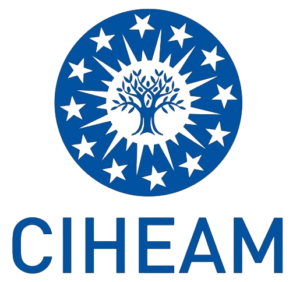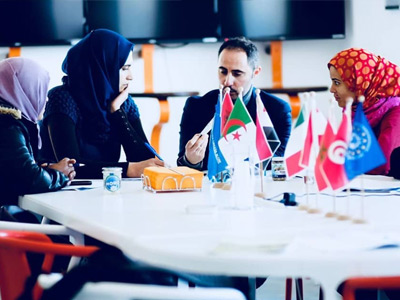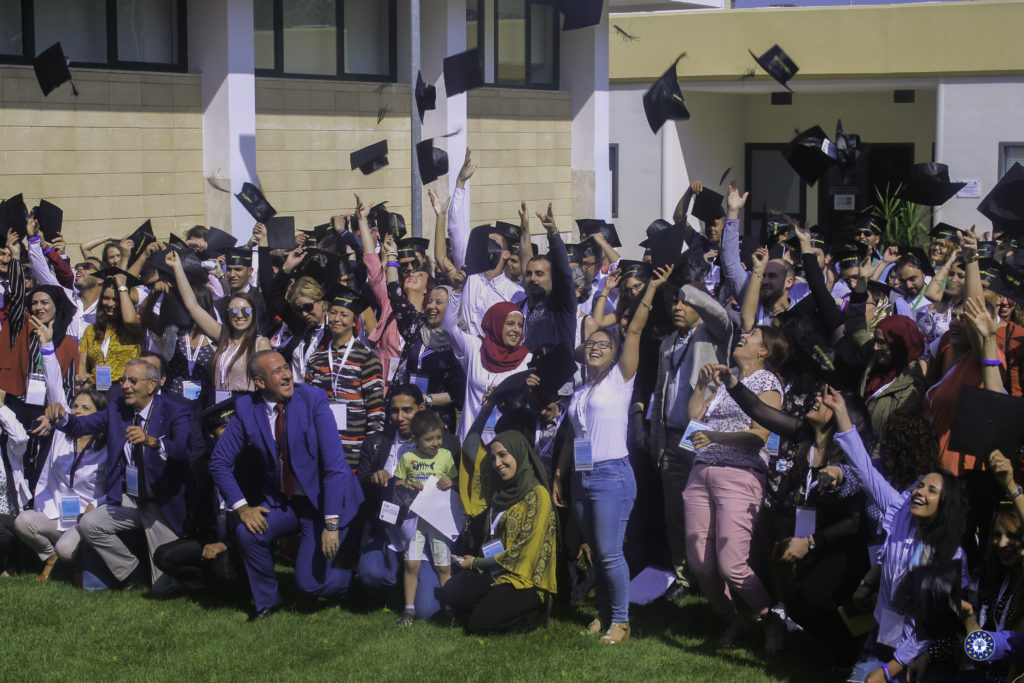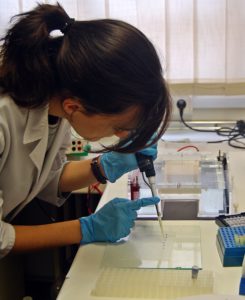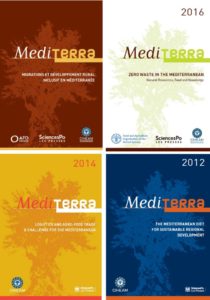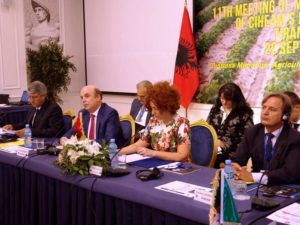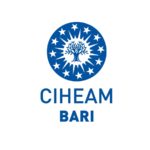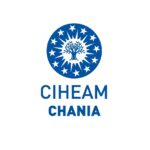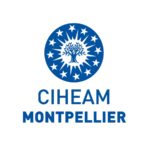Official Launch of the BEANS Meta Network: A Collective Commitment to Transform Mediterranean Food Systems
Bari, 5 June 2025 – With the support of numerous international and regional institutions and delegations from Mediterranean countries, CIHEAM officially launched the BEANS Meta Network (Better pulses for Environment, Agriculture, Nutrition and Societies) during its first General Assembly, held at the Innovation Hub of CIHEAM Bari. This initiative builds upon the MEDIET project, coordinated by CIHEAM Bari, which highlighted the nutritional, health, and environmental benefits of faba beans, lentils, chickpeas, and dry beans. The in-depth analysis of over 150 varieties from 17 Mediterranean countries laid the groundwork for the valorisation of both local and genetically selected legumes.
Supported by leading partners such as the Food and Agriculture Organization of the United Nations (FAO), PRIMA Foundation (Partnership for Research and Innovation in the Mediterranean Area Foundation), ICARDA (International Center for Agricultural Research in the Dry Areas), Bioversity-CIAT (Bioversity International and the International Center for Tropical Agriculture), AOAD (Arab Organization for Agricultural Development) , IFAD (International Fund for Agricultural Development), ACSAD (Arab Center for the Studies of Arid Zones and Dry Lands), CMU (Community of Mediterranean Universities), ILS (International Legume Society) and the European Commission’s DG AGRI, and backed by representatives from a dozen countries, research centres and universities, the BEANS initiative embodies a shared ambition to revalue legumes as a regional public good serving territories, farmers, consumers, and future generations.
By structuring scientific, technical, and political cooperation around these crops, the network aims to improve soil health, diversify diets, enhance nutritional sovereignty, and promote more sustainable production systems.
Adoption of the Network's Operating Framework
The General Assembly marked a milestone with the unanimous adoption of the BEANS Network’s operational framework. Members pledged to actively contribute to its activities, shape its strategic directions, and support its knowledge dissemination, joint programme development, international partnership building, and regional advocacy efforts. This collective momentum places legumes and pulses at the heart of a structuring Mediterranean initiative that connects nutrition, agroecology, economic inclusion, and the preservation of agricultural heritage.
Members also approved a structured action plan for 2025–2027. By the end of 2025, the network will launch communication platforms (website, social media, newsletter), publish and circulate its official manifesto, develop a strategic roadmap with measurable two-year goals, and mobilise funding from ministries, EU programmes, and regional agencies.
In the medium term, work will focus on establishing national and thematic chapters tailored to local specificities, publishing a series of Policy Briefs targeting policymakers, creating a network of pilot sites showcasing the tangible benefits of legumes, organising an annual Mediterranean Legume Summit, and developing a regional label to promote sustainable practices and high-quality legume products.
General Assembly Endorsement text
Programme of the two days meeting here
Photos here
| PARTICIPANTS |
| CIHEAM and National Delegates Representatives from CIHEAM’s General Secretariat, CIHEAM Bari, Chania, Montpellier, and Zaragoza took part, alongside the President of the CIHEAM Governing Board and Delegates from Albania, Egypt, Lebanon, Italy, Malta, Morocco, Spain, Tunisia, and Türkiye. International and Regional OrganizationsFAO, IFAD, PRIMA Foundation, CGIAR, ICARDA, Bioversity-CIAT, AOAD, ACSAD, and the European Commission’s DG AGRI were actively involved. Government and Institutional RepresentativesMinistries of Agriculture from Algeria, Libya, Syria and Spain participated in the discussions, together with representatives from the Italian Ministry of Foreign Affairs. Research Institutions and UniversitiesParticipants included the University of Jordan, University of Bari, University of Florence, Polytechnic University delle Marche, American University of Beirut, University of Catania, University of Seville, and University of Pisa. Other institutions represented included CREA (Italy), ENEA (Italy), INRA (Morocco), INRAT (Tunisia), LARI (Lebanon), IRCCS De Bellis (Italy), INTIA (Spain), and ESIAT (Tunisia). Private Sector and Civil Society Several companies and consortia, including Andriani SpA, la Valle nel Parco, the Protectium Lentil Consortium, as well as civil society organisations such as Slow Food (Italy) and ILS, also took part. Local and Regional Authorities The Puglia Region (Italy) was also represented, underscoring the importance of territorial engagement in this Mediterranean initiative. |


